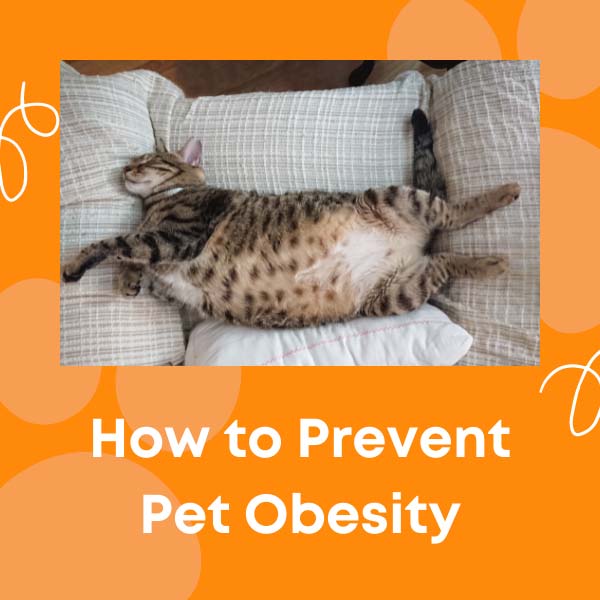
Don’t feed your pet too much human food
Read Time: 4 minutes
Obesity is one of the biggest health threats to pets. Millions of pets across the United States are overweight or obese and, as a result, are at greater risk for health conditions caused by excess weight, like osteoarthritis. While it’s tempting to spoil your pet because you love them so much, it’s important to help them maintain a healthy weight so that they can live longer, healthier, and happier lives.
Keep an Eye on Your Pet’s Portion Size
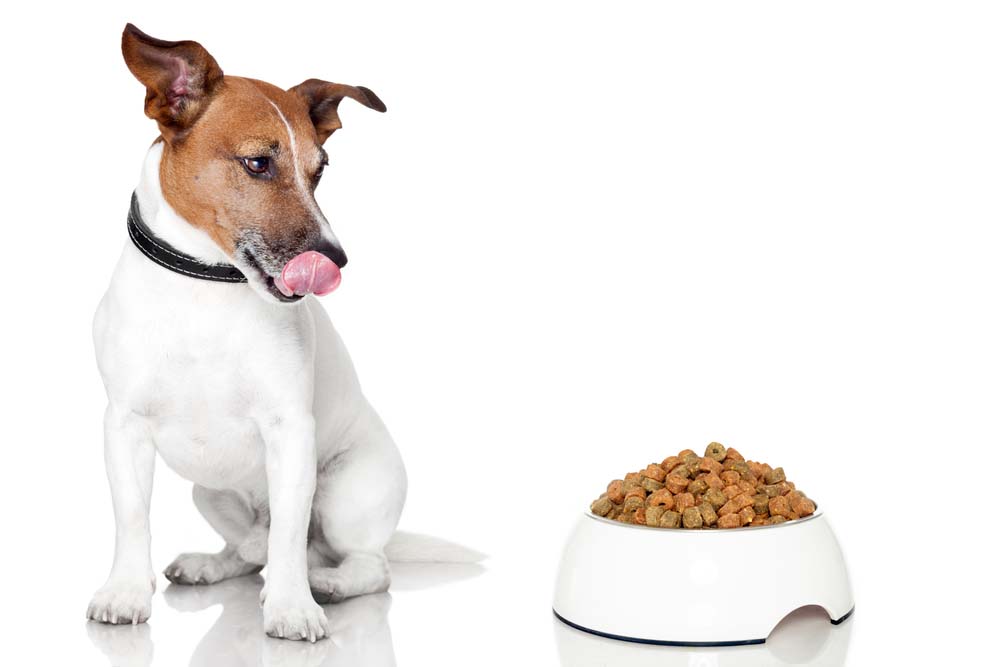
Overfeeding is one of the biggest causes of pet obesity. It’s easy to accidentally feed your pet too much because the appropriate portion size changes as your pet gets older. The amount and type of food they needed to eat as a puppy or a kitten isn’t the same amount they need to eat as an adult.
How to Determine the Correct Portion Size
The packaging on your pet’s food should include recommended portion sizes for your pet’s size and age. When in doubt, ask your vet!
Resist the Temptation to Give Them Too Many Treats
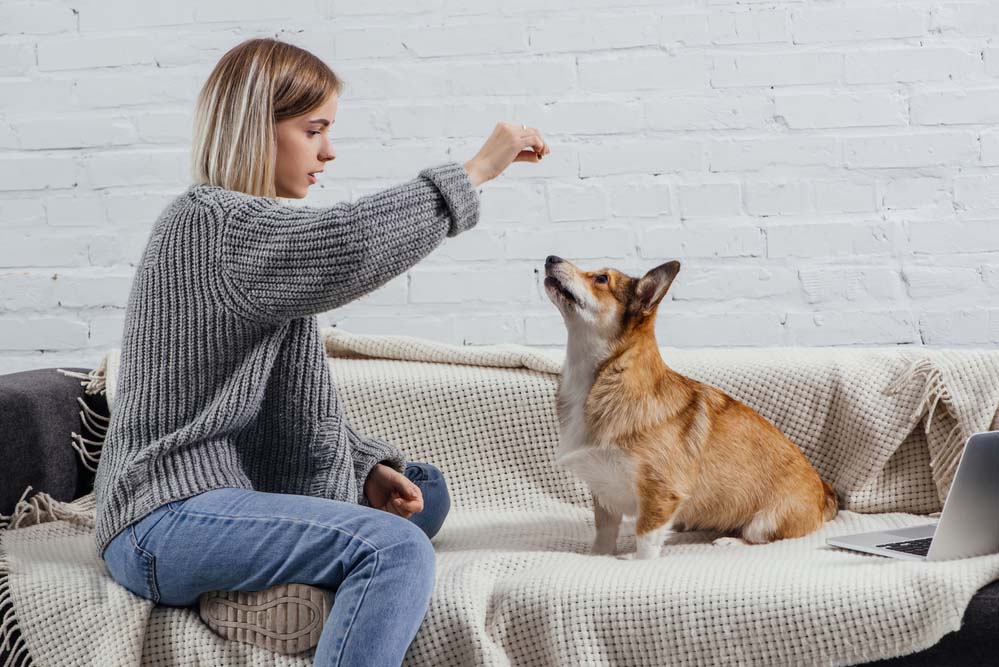
Your pet is adorable and you love them, so it’s understandable to want to shower them with treats. However, treats are the pet equivalent of junk food. Just like humans shouldn’t eat too much candy, your pet also shouldn’t have too many treats. That doesn’t mean you should never give them treats, though.
Choose a Healthier Treat
Consider switching to a healthier type of treat. Consult your vet to make sure that any new food is safe to give to your pet.
Keep Food out of Your Pet’s Reach
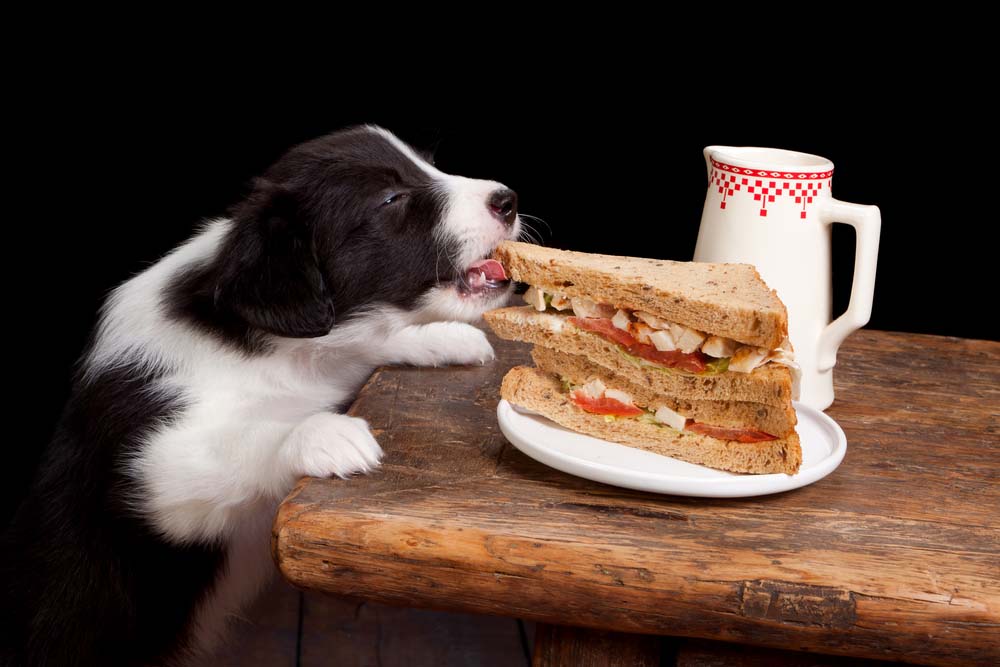
Some pets will sneak food whenever they get the chance. You should make sure that all food that you’re not intentionally giving to your pet is kept out of reach or secured so that they cannot sneak a treat, human or otherwise.
Buy a Microchip Feeder
If you have more than one pet, you can get a microchip feeder that will prevent your pets from eating each others’ food.
Choose the Right Pet Food
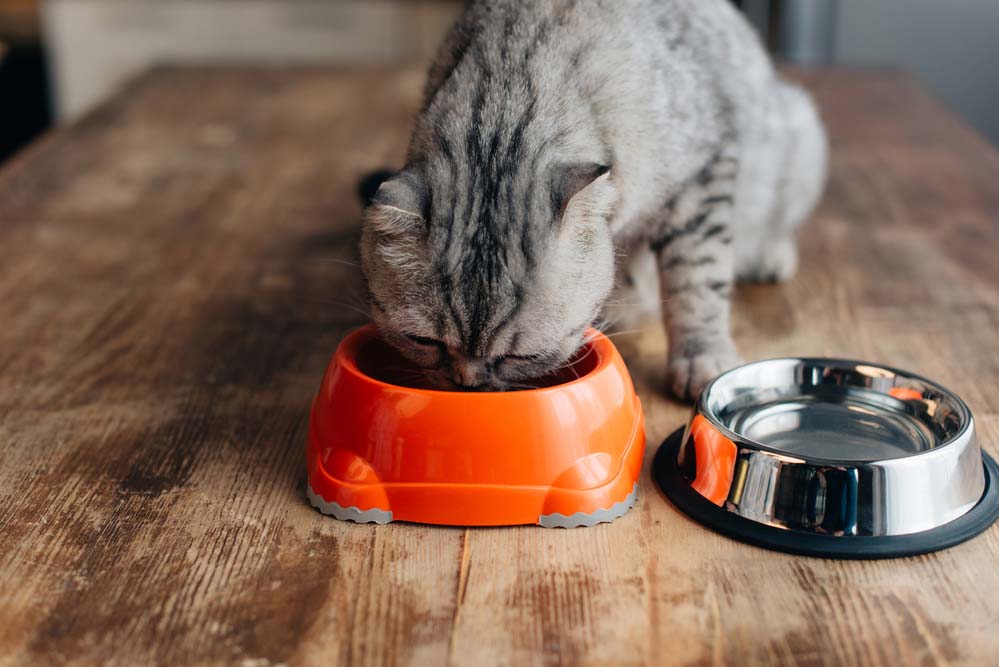
Your pet’s metabolism can change as they get older. Puppies and kittens need more calories in their food than older animals do. It’s important to make sure that the food you’re feeding your pet is appropriate not just to their breed and size but also to their age.
Ask Your Vet for Food Recommendations
If you’re not sure or want to make sure you’re feeding your pet the right food, check with your vet.
Minimize the Human Food
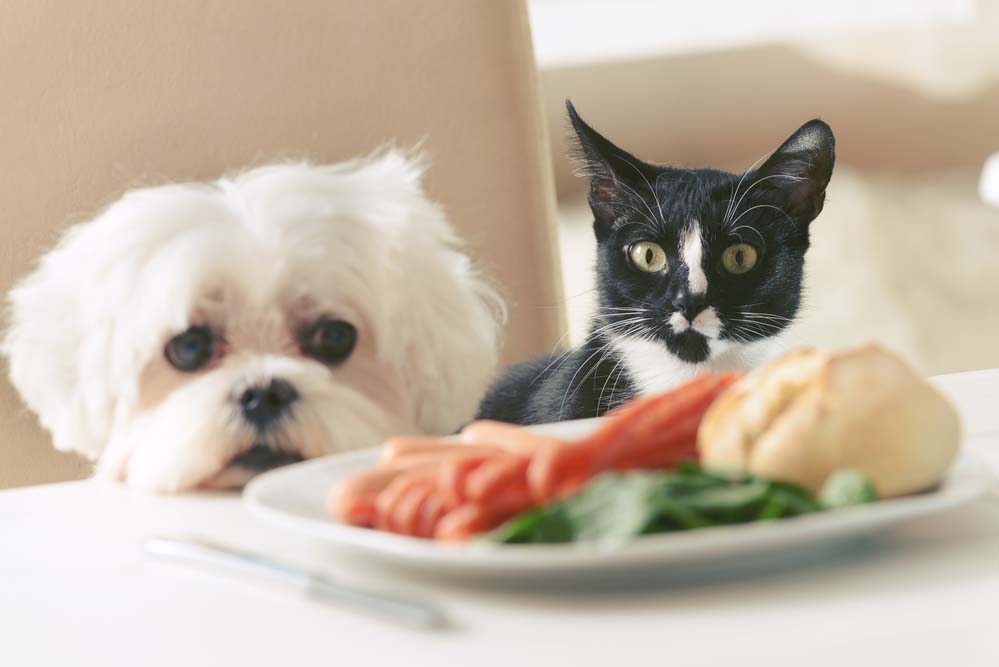
It’s hard to resist your pet’s adorable face when they’re begging for you to feed them table scraps. However, human food typically isn’t terribly healthy for your pet and you should minimize how much you give them. This is because human food is richer and fattier than what your pet’s digestive system may be able to properly handle.
Human Food Can Cause Health Problems
Some human foods are poisonous to pets but even those that aren’t can cause negative side effects over time.
Make Sure Your Pet Gets Plenty of Play and Exercise

While food plays a big role in your pet’s weight, so does the amount of exercise they get. Make sure that your pet gets enough physical activity. Depending on the pet, this could mean trips to a dog park for the space to run around, a long walk, or just playtime at home. Whatever gets your pet moving is helpful to them maintaining a healthy weight.
Schedule Time to Play with Your Pet
Play and exercise are so important to your pet’s health, you may want to schedule it so you can always make time for it.
Talk to Your Vet
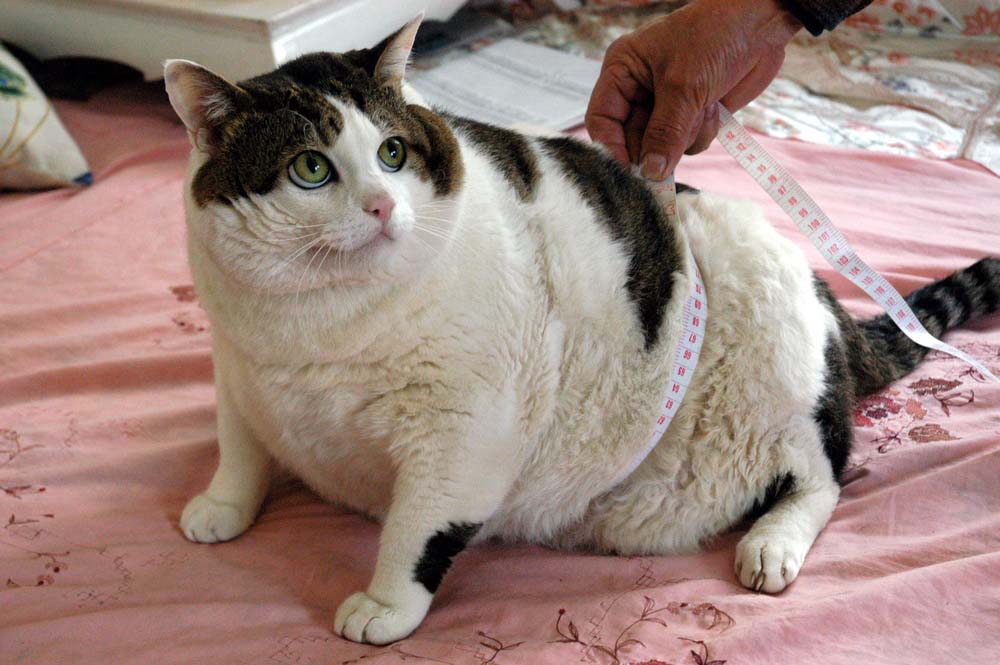
If you’re worried about your pet’s health for any reason, talk to your vet. Your vet can help you to make a plan to help your pet lose weight safely and can give you tips to keep your pet healthy.
Too-Fast Weight Loss Is Also Unhealthy
Pets need to lose weight at a safe speed. Too fast isn’t healthy for your pet, either, so talk to your vet before you make any changes to your pet’s diet and exercise.

